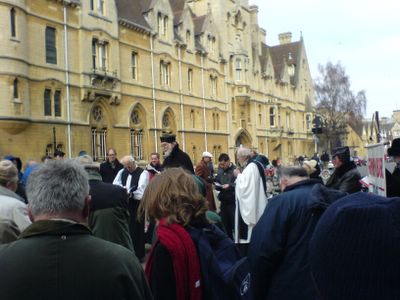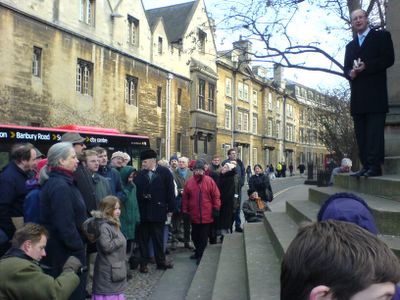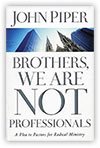I indicated that I would like to devote a post to considering this issue. Was Jesus, in his human mind, conscious that he was God?
The gospel accounts seem to suggest that Jesus was aware that he was God the Son. He did things that "only God could do" like forgive sins (Mark 2:5-11) . He claimed to stand in a unique relationship to the Father as knower and known. As such he saw himself as the unrivalled revealer of God.
All things have been delivered to Me by My Father, and no one knows the Son except the Father. Nor does anyone know the Father except the Son, and the one to whom the Son wills to reveal Him. (Matthew 11:27)
It seems that the devil tried to use Jesus' awareness of who he was to tempt him to use his powers in a selfish, God-denying way (Matthew 4:1-11).
If Jesus was not conscious of being God the Son, what to we make of the following statements?
For as the Father raises the dead and gives life to them, even so the Son gives life to whom He will. For the Father judges no one, but has committed all judgment to the Son, that all should honor the Son just as they honor the Father. He who does not honor the Son does not honor the Father who sent Him. (John 5:21-23)
Jesus exercised God's own prerogative of judgement. He, as the Son demanded to be honoured on the same terms as the Father. He was "making himself equal with God", as the Jews rightly perceived (5:18).
I and My Father are one. (John 10:30)
“If you had known Me, you would have known My Father also; and from now on you know Him and have seen Him.” Philip said to Him, “Lord, show us the Father, and it is sufficient for us.” Jesus said to him, “Have I been with you so long, and yet you have not known Me, Philip? He who has seen Me has seen the Father; so how can you say, ‘Show us the Father’? Do you not believe that I am in the Father, and the Father in Me? The words that I speak to you I do not speak on My own authority; but the Father who dwells in Me does the works. Believe Me that I am in the Father and the Father in Me, or else believe Me for the sake of the works themselves. (John 14:7-11)
Jesus was conscious that he was one with God. The Father was "in" him and he was "in" the Father. To see the human Jesus was to see the Father because the Son is homoousion - of one substance with the Father.
And now, O Father, glorify Me together with Yourself, with the glory which I had with You before the world was. (John 17:5)
Jesus, in his human mind, was aware of his pre-existence as the glorious Son of God who dwelt with the Father before the world was.
Edgar suggests that if Jesus knew that he was God, he would not have needed to exercise faith. But Jesus trusted in God and prayed to him continually. Luke's Gospel especially emphasises the importance of prayer for Jesus. He was aware of his human frailty and need as well as his divine glory.
I do not think Jesus "knew he was God" in the same way that one knows one is tired or happy, male or female. He did not sit back and think to himself, "Well I never! I'm the second person of the Trinity!" Rather, "as part of his human vocation, grasped in faith, sustained in prayer, tested in confrontation, agonized over further in prayer and doubt, and implemented in action, he believed that he had to do for Israel and the world, that which according to scripture only YHWH himself could do and be." (The Meaning of Jesus, Wright & Borg, SPCK, 2003, p. 166).
None on this means that in Jesus there are two self-consciousnesses, but it does mean that there are two levels of consciousness of the one self. There is a divine consciousness that he is the eternal Son of God and there is a human consciousness of the same fact. These two forms of consciousness remain distinct, united in one person, communicating through the Holy Spirit. (The Person of Christ, Donald Macleod, IVP, 1998, p. 193).
See here for an article by Donald Macleod on the Trinity that includes reflection on Jesus' awareness that he was God.















